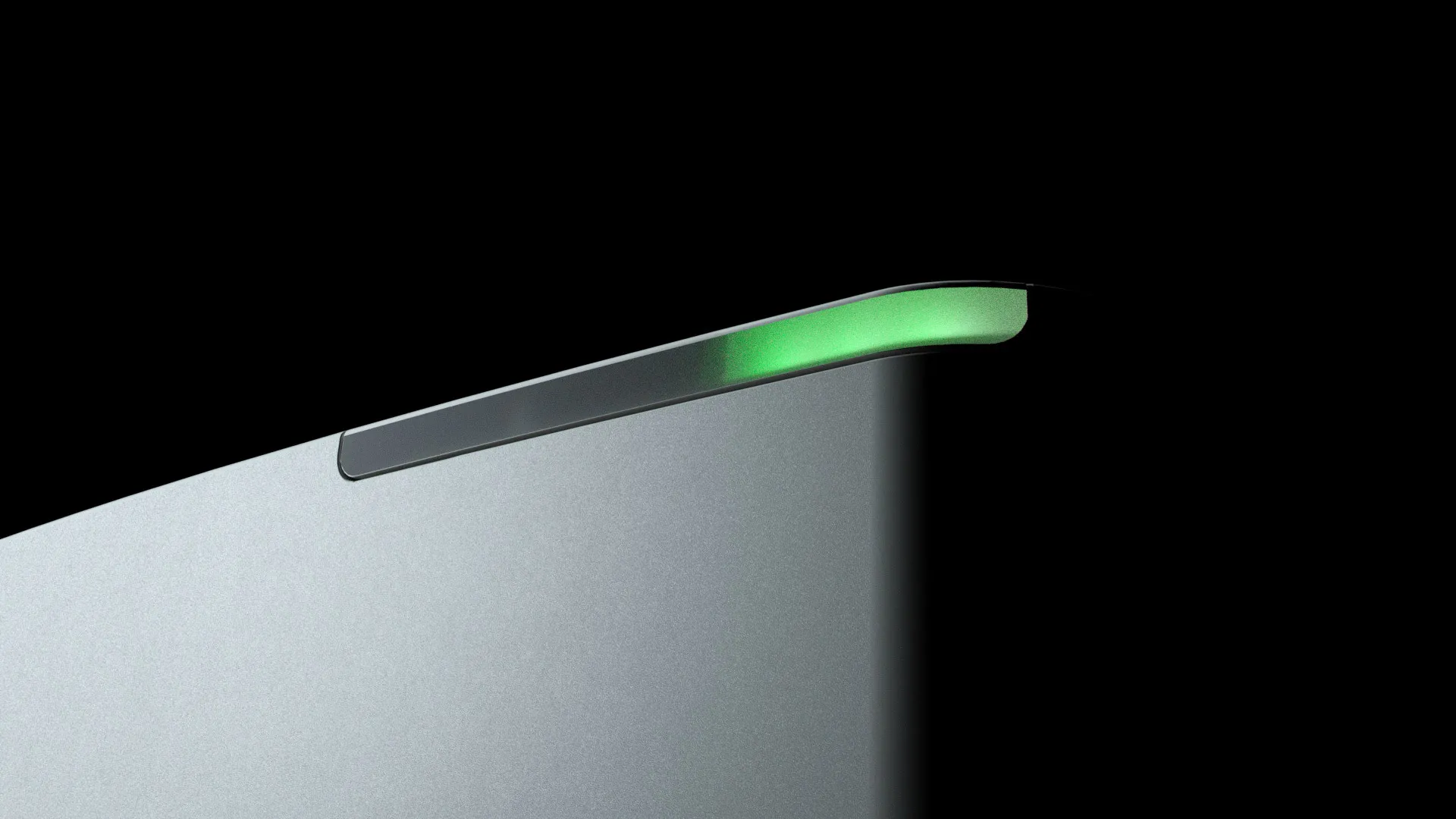

RedShiftBio at XVIII Discussions in Structural Molecular Biology and 5th User Meeting of CIISB
Czech Infrastructure for Integrative Structural Biology

The XVIII Discussions in Structural Molecular Biology and the 5th User Meeting of CIISB will be held in Nove Hrady, South Bohemia, in the Czech Republic on March 24-26, 2022. The program takes place at Nový Zámek.
Dr. Patrick King of RedShiftBio will be available to speak about the AQS3Pro, powered by Microfluidic Modulation Spectroscopy at our partner booth, Specion, s.r.o. and will be presenting at the conference. Details will be forthcoming on the date and time of the talk, please stay tuned!
Microfluidic Modulation Spectroscopy (MMS): A Novel IR-Based Technique Providing Automated, Highly-Sensitive Protein Secondary Structure Characterisation in in situ Conditions

Infra-Red (IR) analysis has been long accepted as a powerful tool in protein characterization, particularly in the Amide I band (~1600 – 1700 cm-1), which gives detailed secondary-structural information that can be critical in determining protein structure-activity relationships, stability, batch-to-batch comparisons and in formulation studies as a few examples. Technologies traditionally used for secondary structure analysis, such as benchtop Fourier Transform IR (FTIR) or Circular Dichroism (CD), suffer from a number of issues that have prevented their routine use in this area, preventing this application from reaching its full potential. These include concentration and buffer restrictions, incompatibility with a range of excipients, a lack of automation, low spectral reproducibility, and for FTIR, water subtraction problems.
Microfluidic Modulation Spectroscopy(MMS) is a new key technology that was brought to market in 2019 by RedShiftBio Inc. with traditional technologies. It is fully automated, running samples from 24- and 96-well plates, compatible with a very broad concentration range (0.1 to >200 mg/ml), and is also compatible with a wide range of complex buffer systems and excipients, including those that absorb in the amide I region, surfactants and organic solvents. The platform includes a powerful software package that facilitates data analysis, and can be included in the automation procedure. This presentation highlights the technical benefits of MMS and its application in the protein structural workflow, giving relevant application examples.

